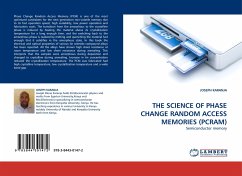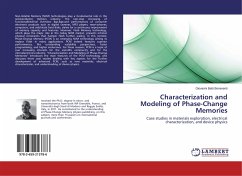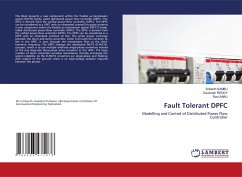This book presents some novel techniques to deal with the memory errors. The memories, specially the DRAMs, are the big source of errors in computer-based systems. These errors may cause system failures. If the systems are "critical", such as Flight Control Systems, Nuclear Power Plant Control Systems, Space-Bound Systems, Financial Transaction Processing Systems, Traffic Light Control Systems etc., then a single failure may cause human catastrophes or great financial losses. Although the current fabrication technologies are more reliable than earlier ones but the advantage has been offset by the high degree of complexities of today's circuits. The process technology at present scales around 50 nano-meters and the density of DRAMs is in the vicinity of 10 Gb per centimeter square. Such miniaturization has created the new reliability threats to the memory designers. The techniques presented in this book can help the designers to improve the reliability of memories by correcting single & multiple bit errors. The techniques make use of hardware and/or information redundancies. Although this may increase the cost of such systems, but provides improved reliability.
Bitte wählen Sie Ihr Anliegen aus.
Rechnungen
Retourenschein anfordern
Bestellstatus
Storno








